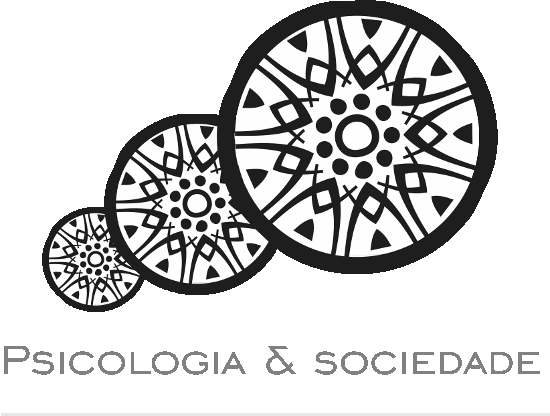Phoenix: Boldness in the rebirth of citizen subjectivy. Current research-intervention project (Thiollent, 1981; Brandão, 1981 and 1984), linked to the State University of Maringá, Maringá PR Brazil, presupposes praxis as a locus of knowledge production and truth criterion. The interacted population is attended by the Pope John XXIII Social Nucleus in the periphery of Maringá. The authors' insertion in this human group is based on the premise-denouncement by Martín-Baró (1987; 1989), according to which we live under the aegis of "the empire of the devaluation of human life", fabricated by the social and economical authoritarianism of capitalism and by mass consumer society produced by the former (Caniato, 1997; Martín & Schumann, 1999; Beinstein, 1999). Its excluding concerns are hidden beneath demagogic and ideological discourses of democratic political regimes. Our bearings come from "The authoritarian personality" by Theodor Adorno (1965), according to which biased trends, not always perceived by individuals, subjectively sustain the cruelty-carrying forms of organization. Basing ourselves on Adorno's doctrine as read in "Dialectic of Enlightenment" (1985) and "Education and Emancipation" (1995), we interacted since October 2000 with the population living at the Social Nucleus and experienced together the psychosocial suffering that the triviality of violence (Arendt, 2000) and injustice (Dejours, 1999) entails, together with certain forms of social insertion marked by fatalism and psychosocial alienation (Martín-Baró, 1987; Chauí, 1993). Supervisors and participating students of the Psychology Course of the State University of Maringá interact weekly with the above-mentioned inmates through problems-demands chiefly linked to their situation of excluded population. These problems are being theoretically analyzed by the members involved in the project and are then discussed with the population. It has to be emphasized that the contextual analysis and the concrete life conditions of the individuals that proposed them should never be discarded. On this occasion knowledge that we-they have previously obtained is broadened, which happens successively at all encounters. Through such interaction with the group we could acknowledge the immersion of these individuals in the values imputed by mass society and even certain resistance in exercising true citizenship. Since "the conscience of the people on this side is the fear of those on the other side", it is only through the development of critical conscience, chiefly of "threatened populations", that the transforming action of psychosocial reality will occur (Martín-Baró, 1987).
Research intervention; social exclusion; critical conscience; citizen subjectivity

